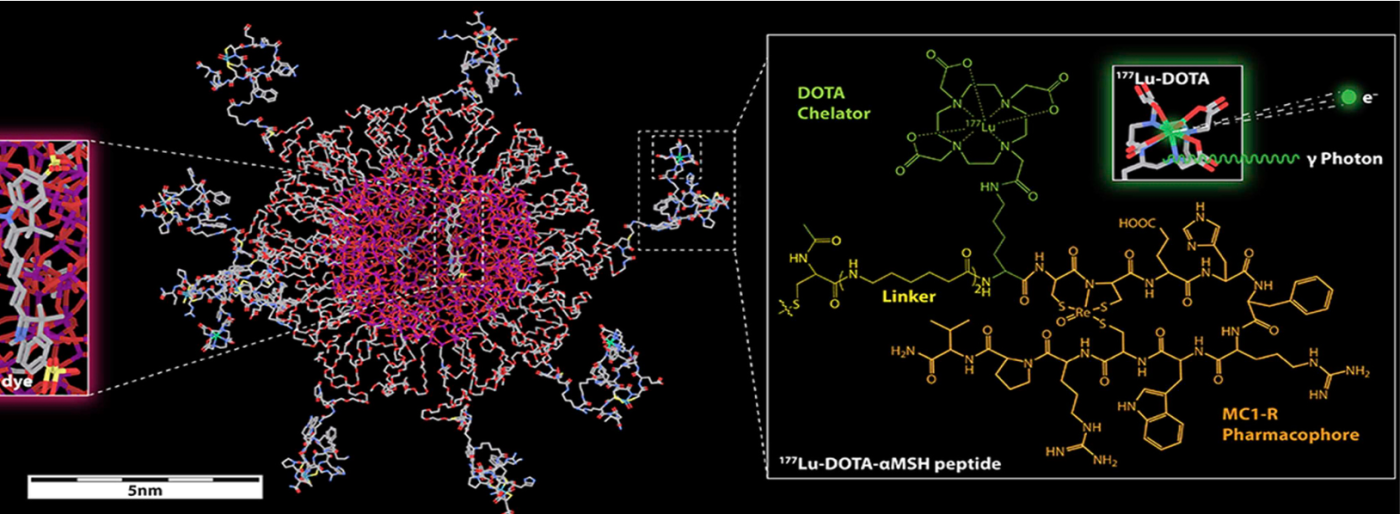Michelle Bradbury, M.D., Ph.D., is a Professor of Radiology and Endowed Professor of Imaging Research at Weill Cornell Medicine specializing in Neuroradiology. She is Director of the Molecular Imaging Innovations Institute (MI3) and the Perioperative Imaging and Engineered Technologies Program for Cancer Treatment. She is also Head of Cross-Campus Research Collaborations and Innovations within the Cornell Institute for Engineering Innovations in Medicine. Dr. Bradbury earned a B.A. in Chemistry from the University of Pennsylvania. She then received an M.S. degree in Nuclear Engineering from the University of Maryland, followed by a Ph.D. in Nuclear Engineering (Radiological Sciences) from the Massachusetts Institute of Technology. In 1997, she received her M.D. degree at George Washington University School of Medicine. Her laboratory is focused on co-developing and translating molecularly targeted, ultrasmall particle and cellular-engineered platforms to the clinic for image-guided surgical and theranostic applications. These efforts build on longstanding diagnostic and therapeutic research programs at the nano-bio interface in various tumor and other disease models.













